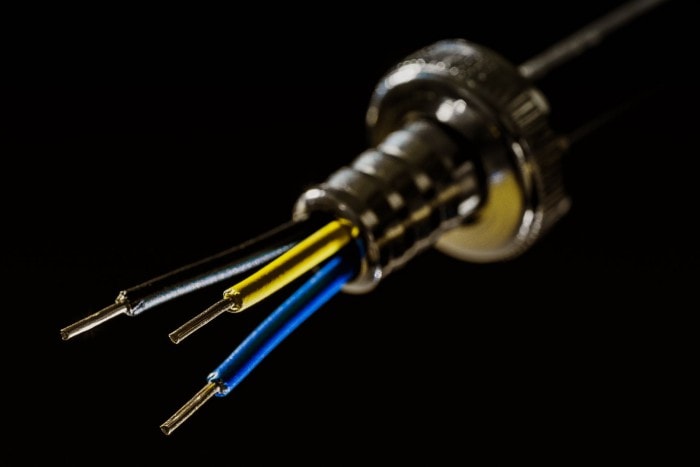
Getting the cabling right is something that is often overlooked, even in an industrial setting. But, the simple truth is that a cable can be placed under a huge amount of stress. You need to select the cable that offers the right quality of signal, reliability, and adequate protection.
If you don’t, you may find that you can’t continue operating as efficiently as you would like.
Don’t forget that the casing for your cable is also important. If it’s going through something that moves you need to speak to a high-quality push-pull assembly manufacturer. This will ensure the product keeps working efficiently even with the stress of constant movement in differing directions.
What Is Industrial Cable?
Industrial cables are very similar to the cables you use around your home. However, they will be designed to carry greater loads and to function in more extreme environments. In fact, some industrial cables will even be designed to withstand fire, abrasion and an array of impacts.
It’s not just about getting the power or the data safely through the cable, manufacturers of industrial cable also need to ensure the cable is as well protected as possible against accidental forces.
To help you get it right, check out these tips on selecting the right industrial cable:
Location
The first question is where does the cable need to go? Outside cabling is required to meet specific standards, even if you’re just wiring a domestic garden. It must be waterproof, impact-resistant, and designed to last for a long period of time.
Whether inside or outside, you need to minimize the number of bends and distance between inspection points.
Type Of Cable
Until you start looking at industrial cables you may not realize the huge range of products available. You’ll need to consider carefully the class of stranding inside each cable.
This means you don’t just need to know how many strands are inside the cable but what type of signal quality they provide. If you need high accuracy in the end product you’ll need to look at copper or aluminum wires.
You also need to decide if single-conductor or multiple conductors are required. The lower the number of wires, the higher the resistance factor. It is also worth noting that single-conductors are more likely to suffer from mechanical stress.
Don’t forget that cables are different. Copper or aluminum is a common choice when you need a low voltage cable, it’s usually created in single strands but can be multiple, if needed. In contrast, high voltage cables will use braided copper wire, covered in rubber or a similar non-conductive material. This reduces the risk when handling them.
Protection Level
When dealing with industrial applications it’s important to consider the protection level of your cable. You’ll need to protect it from impact, temperature, chemicals spills, and even rodents.
Consider the risks in your application, the greater the number of risks the easier it will be to select the right cable because you’ll have less choice.
Don’t forget that the insulation of any cable must be capable of dealing with voltage stress. You’ll need to consider the phase-to-phase voltage before deciding the right insulation properties that your cable requires.
Sizing
The larger the cable the higher it’s capacity to carry a current and provide you with the power you need. However, you should also be aware that the thermal rating is essential to tell you how much current a cable can carry.
Of course, you’ll also need to consider the space available, to ensure there is adequate room for heat dissipation.
You should also increase the size of the cable if you have an extremely long run, this will help to deal with voltage drops.
Shielding
Not all cables are shielded but you may need shielded cable. You’ll need to consider the following:
- What type of insulation system do you have?
- Is your system going to have a neutral that is grounded or not?
- All potential risks that could affect the safety of your workers or your machines.
Once you’ve considered all the elements, you’ll find the decision regarding which cable you need is actually quite simple.
The Supplier
Not all cables are created equal and you need to trust the product you’re purchasing. That means choosing a reputable supplier.
You can do this by asking colleagues and other companies in the industry which products they use and recommend. It’s also a good idea to use social media to connect with a wider group of people and get their opinions on specific cables.
Just remember, it’s virtually impossible for every customer to be happy, there will be some complaints but as long as the majority of feedback is positive you should be okay.
When considering a supplier you should also look at their warranty, guarantees, and return process, it will help you to decide if they are the right industrial cable supplier for you.
